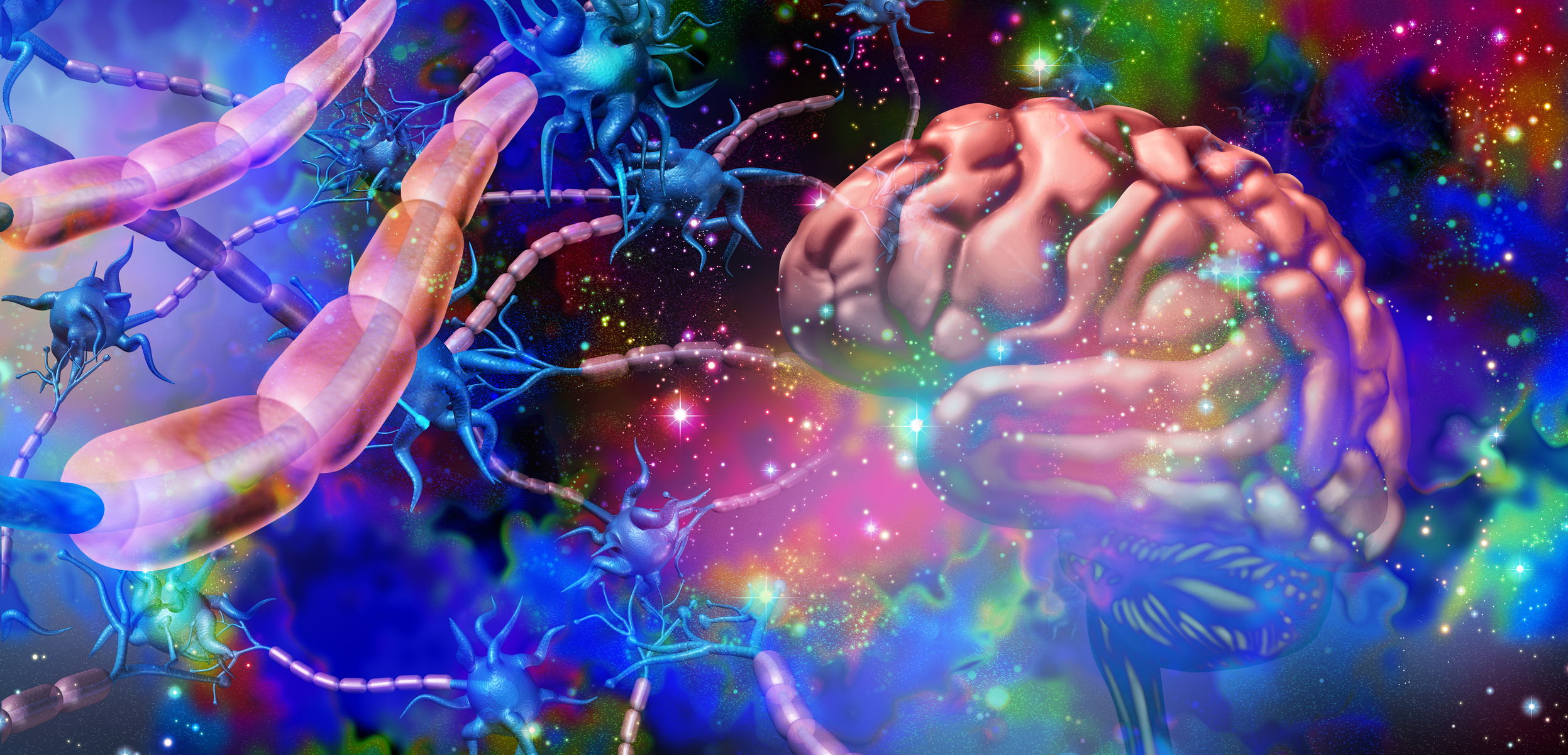Multiple sclerosis (MS) is an inflammatory demyelination disease in the central nervous system (CNS) characterized by incomplete endogenous remyelination in the chronic phase. A shift of the balance between pro and anti-inflammatory cytokines is one of the important markers in the pathogenesis of MS. This study aimed to evaluate the effects of human adipose derived stem cells (hADSCs) overexpressing interleukin 11 and interleukin 13 (IL-11, 13-hADSCs) on the experimental autoimmune encephalomyelitis (EAE), an animal model of MS.12 days after immunization of C57Bl/6 female mice with MOG35-55 and initial clinical symptoms appearance, the IL-11, 13-hADSCs were injected via the tail vein into the EAE mice. Then, the mice were sacrificed at 30 days post-immunization (DPI) and the spinal cords of experimental groups were extracted for histopathological and real-time RT-PCR studies.The results indicated that the clinical scores and mononuclear cells infiltration into the spinal cords of EAE mice were significantly reduced in mice treated with IL-11, 13-hADSCs. Likewise, the remyelination and oligodendrogenesis were significantly enhanced in the mentioned treatment group. Real-time results demonstrated that pro/anti-inflammatory cytokine genes expression was reversed in IL-11, 13-hADSCs treatment group in comparison to the untreated EAE group.Expression of IL-11 as a neurotrophic cytokine and IL-13 as an anti-inflammatory cytokine by hADSCs could increase the immunomodulatory and neuroprotective effects of hADSCs and be a powerful candidate in stem cell therapy for future treatment of MS.Copyright © 2020 Elsevier B.V. All rights reserved.
The immunoregulatory and neuroprotective effects of human adipose derived stem cells overexpressing IL-11 and IL-13 in the experimental autoimmune encephalomyelitis mice.


